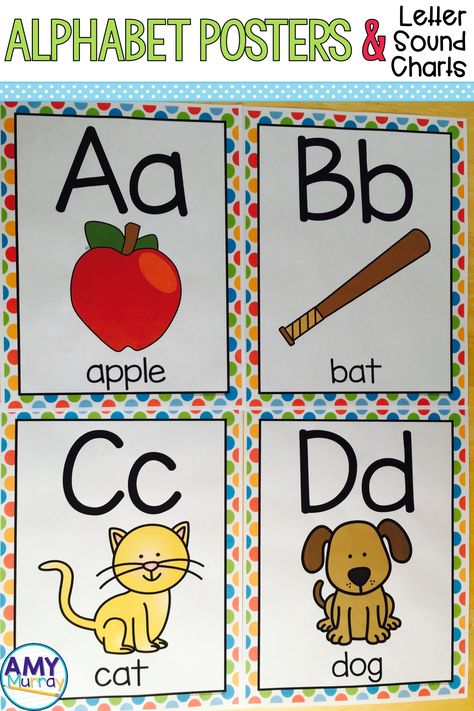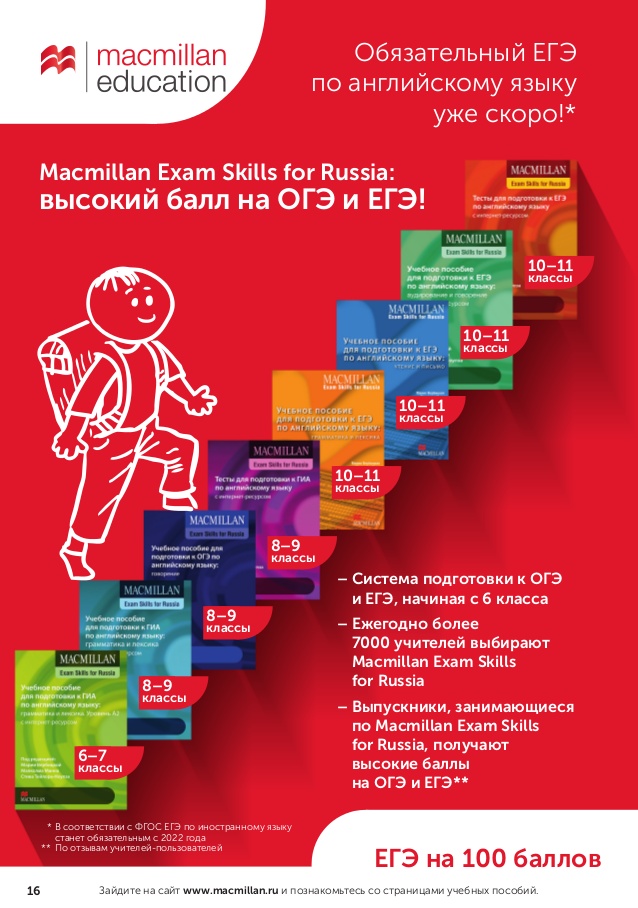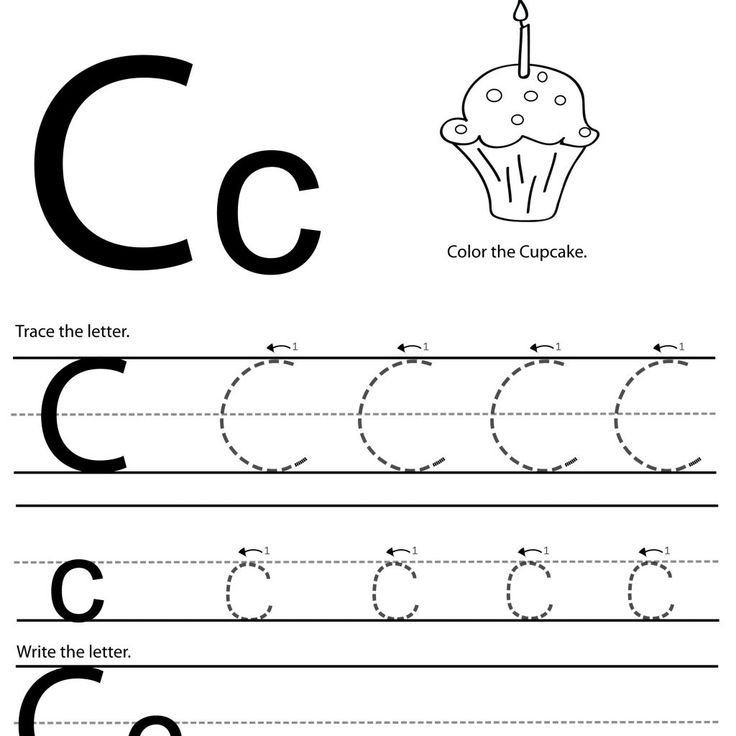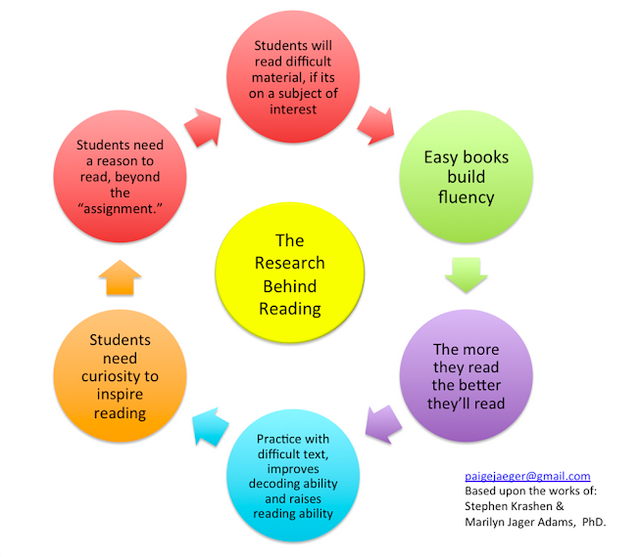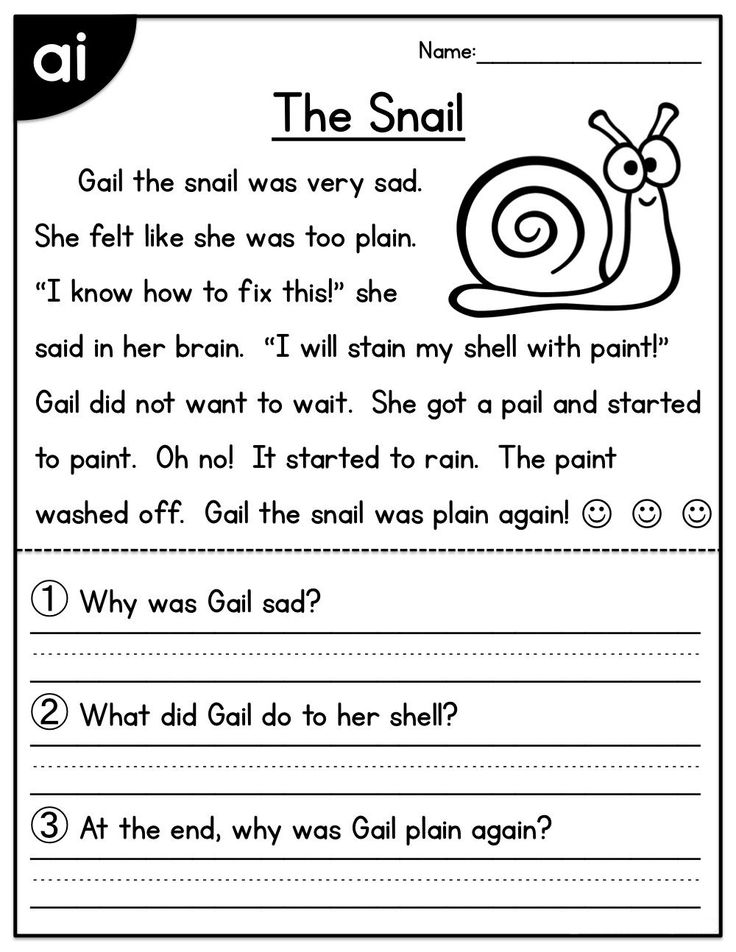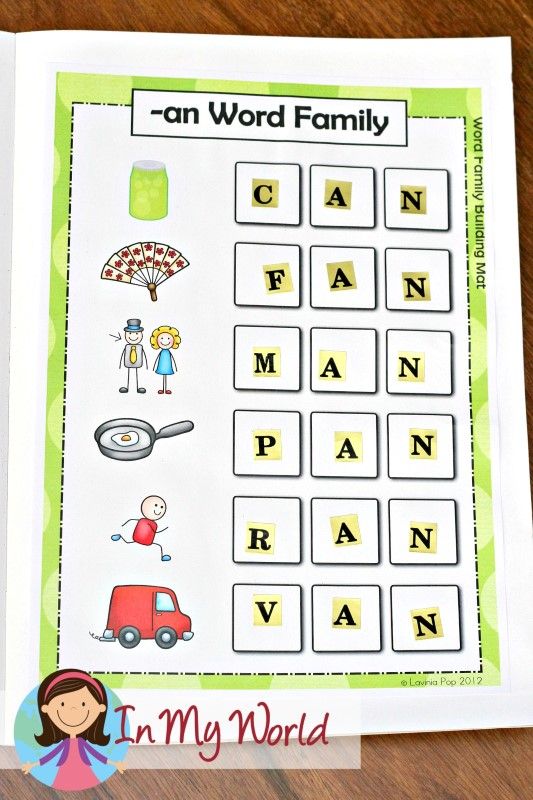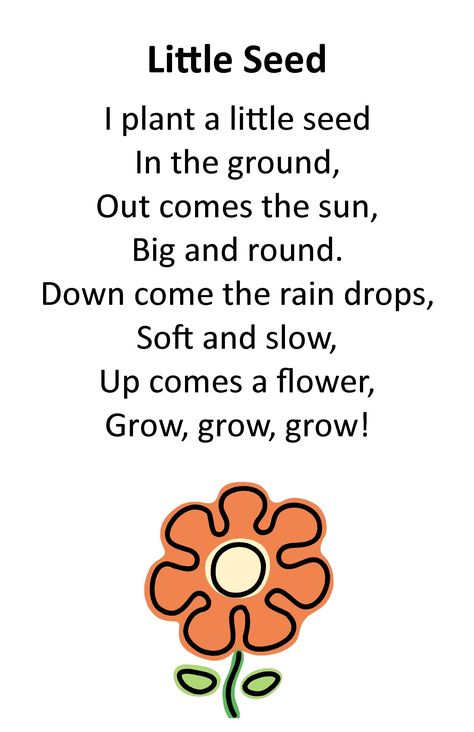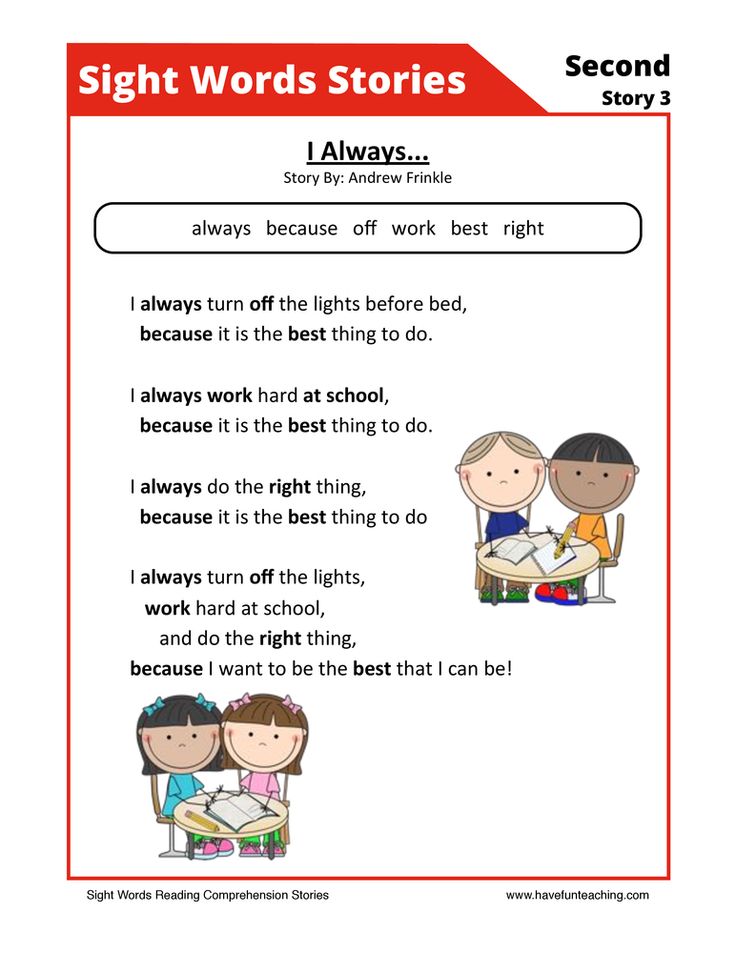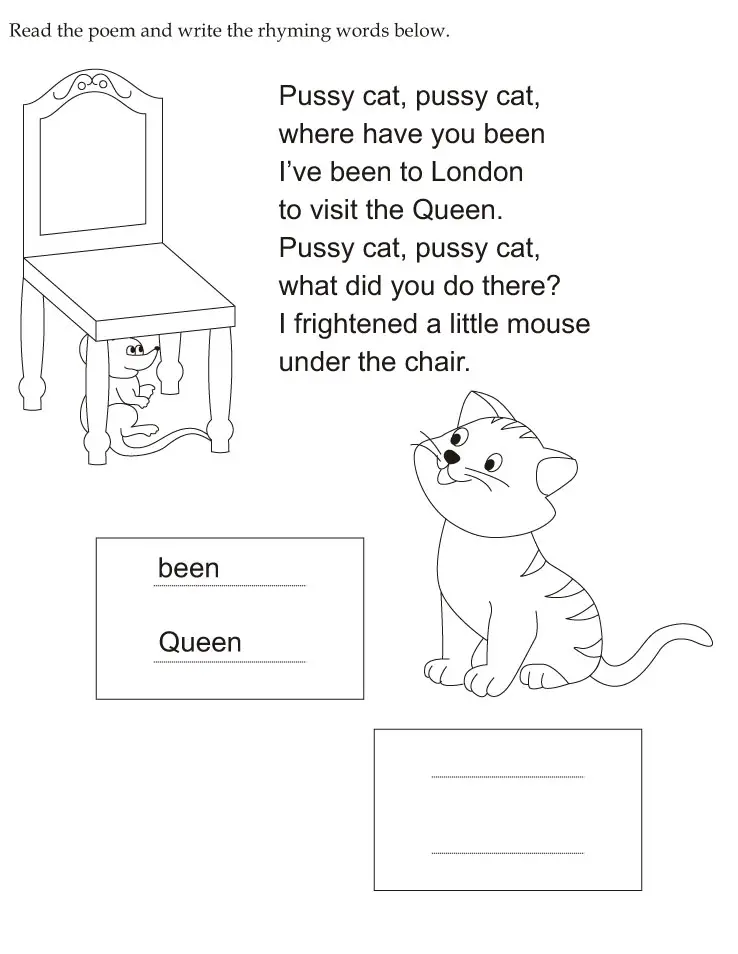What do children learn through play
How Do Children Learn Through Play?
As an adult, Albert Einstein remembered a pivotal event in his life that inspired his interest in scientific discovery. He was four or five years old and stuck in bed with a childhood illness when his father handed him a magnetic pocket compass to play with. He spend hour twisting the compass, wondering how the needle always knew to point towards the north.
The book Internet Invention: From Literacy to Electracy , quotes Albert Einstein on how playing with that compass inspired his love of science. "I can still remember," he wrote, "that this experience made a deep and lasting impression on me. Something deeply hidden had to be behind things."
As a parent, you probably love to see your child playing. It’s incredible to hear their ideas and to learn about the new worlds they create. It’s also fun to see how creative they can be as they put their imagination to use in learning about the world around them.
Play is far more powerful for children, however, than many parents realize.It’s actually the key to learning. Researchers and educators across the world have found that play can help enrich learning and develop key skills such as inquiry, expression, experimentation, and teamwork.
Schools that use the Montessori education focus on encouraging children to learn through “meaningful play.” According to the book, From Play to Practice: Connecting Teachers' Play to Children's Learning, “meaningful play” has five characteristics. It:
- Gives the child a choice about what he or she wants to do
- Feels fun and enjoyable for the child
- Evolves spontaneously, rather than giving kids a script to follow
- Is driven by intrinsic motivation about what the child wants to do
- Creates a risk-free environment where kids can experiment and try new ideas.
In meaningful play, children are active participants. For example, instead of passively taking in a lesson, children take on roles alongside their peers and respond to the other children according to the rules of play that they’ve created.
While “rules” may seem counterintuitive to the idea of free, voluntary play, a system of mental rules is actually one of the other key features of play. Children may state these explicitly, form them collaboratively or follow a selected leader, or have an inherent sense of what governs the terms of their playful engagement. This active, pleasurable negotiation of rules and symbols can offer a number of learning benefits.
How Do Children Learn Through Play?
In her TedX Talk talk, Professor Doris Fromberg, Director of Early Childhood Teacher Education at Hofstra University, explains why play is such an important part of the learning process for children.
We need to consider that young children learn in quite different ways [than adults]. They learn by comparing physical experiences, by interactions with other people and their own feelings. And they learn an enormous amount through their imagination.... Play is what pulls together the logical and creative parts of the brain.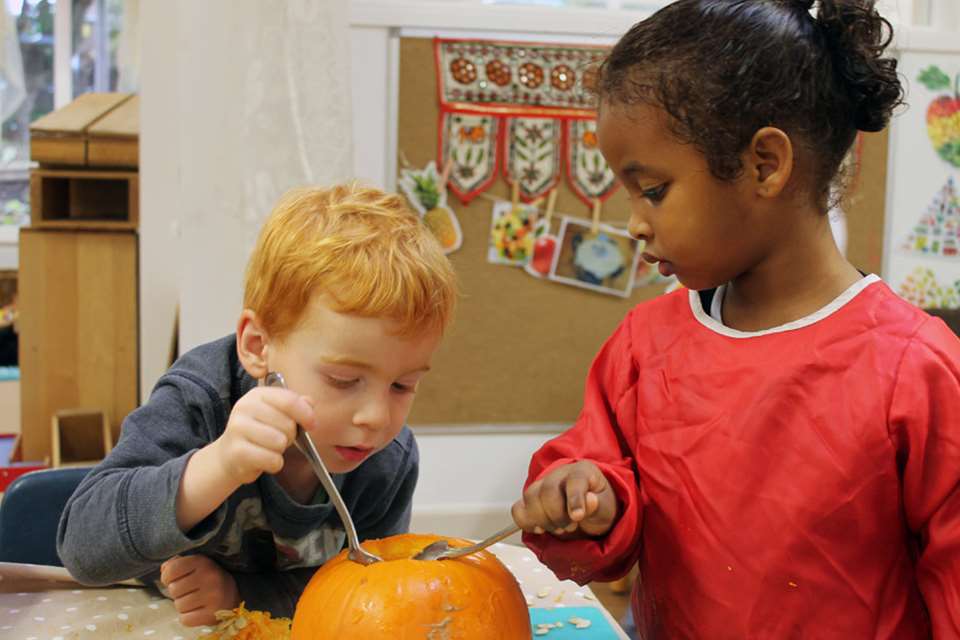
For young children, play is often a full body activity that helps them develop skills they will need later in life. Running, dancing, climbing, rolling—these activities all foster muscle development and help fine-tune motor skills. Children also build their mental and emotional muscles as they create elaborate, imaginative worlds rich with a system of rules that govern the terms of play.
University of Denver researchers Elena Bodrova, Carrie Germeroth, and Deborah J. Leong found that children teach themselves to regulate their emotions and think before they act when they play. For example, if a child is pretending to be Olaf from Frozen, they may pretend they’re melting when they come inside or insist that they like warm hugs. In each case, they consider how their actions will correlate with how Olaf should act in a given situation.
This role playing helps children build social skills and helps them become the kind of adults who are able to thrive in a range of personal and professional environments.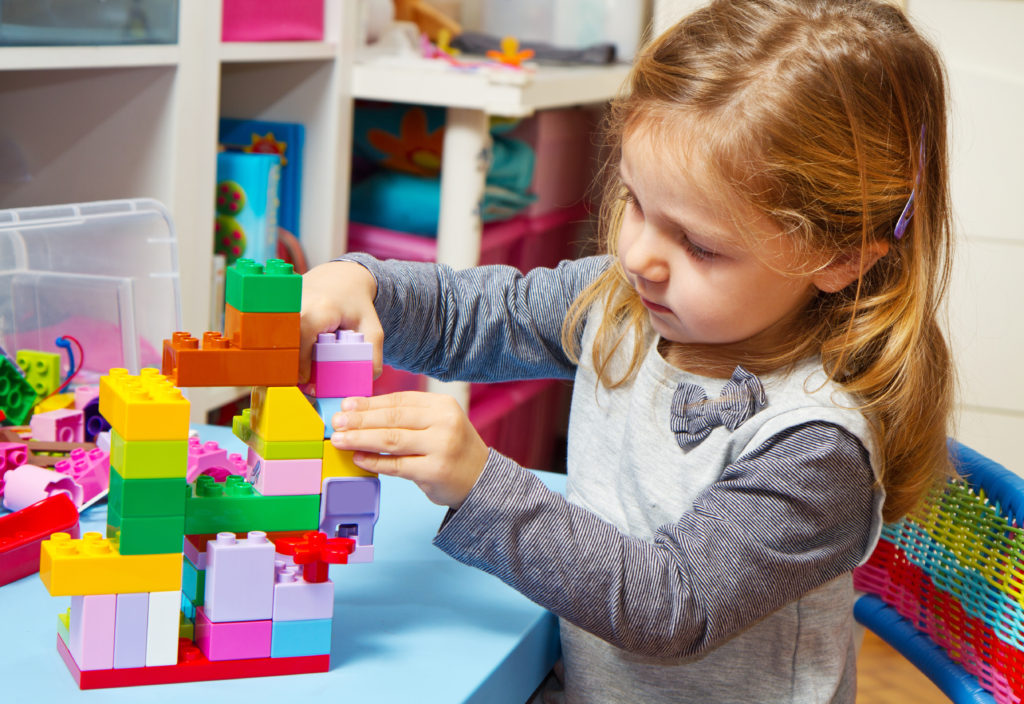
Why It’s Important to Include Play in the Classroom
In an academic setting, play can also help children learn and grow. Teacher-initiated play is a close cousin to inquiry based learning. At Whitby, our early child educators ask children questions about the rules and process that govern the play, and then encourage children to make connections to the wider world through their own body of knowledge.
Dr. Angeline S. Lillard, author of Montessori: The Science behind the Genius, wrote about about how Maria Montessori encouraged educators to use play as a part of the learning process.
[In a Montessori classroom] teachers guide learning within structures but do so playfully and loosely, with particular focus on the goals they have in mind... the Montessori education resembles playful learning.
We’ve seen this at Whitby. When we take a play-based approach to combining different subjects, we’ve found that teachers can create an educational experience greater than the sum of its parts.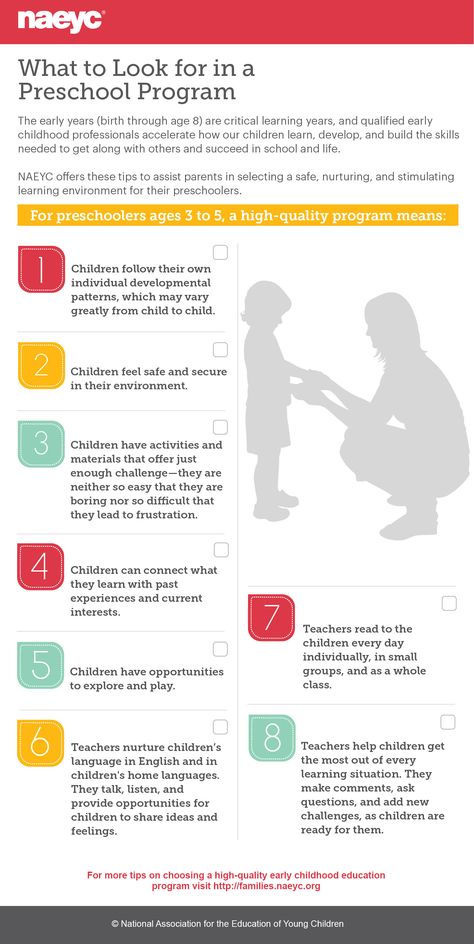 Students learn critical thinking skills, develop their language abilities, expand their range of knowledge and increase their social emotional awareness—all without realizing how much they’re learning.
Students learn critical thinking skills, develop their language abilities, expand their range of knowledge and increase their social emotional awareness—all without realizing how much they’re learning.
Maximize Learning Through Play
From offering children a chance to ask questions, problem solve, work collaboratively and conduct structured experimentation, play is a key component of learning at Whitby. One way that Whitby teachers bring a sense of play into the classroom is by taking an activity-based approach to nearly every subject.
For example, when our teachers read a book aloud, they encourage young students to turn each page and follow each word with their fingers. They can also prompt students to talk to each other about the content, and to talk about the associations it sparks from their own lives. Teachers also engage kids’ imaginations and sense of curiosity by asking “What do you think will happen next?”
Students are also given an opportunity to bring stories to life through dramatic play. When children are given opportunities to act out scenes and express themselves, they improve their social confidence, increase their ability to see the perspectives of others and increase the attention they give to the literature.
When children are given opportunities to act out scenes and express themselves, they improve their social confidence, increase their ability to see the perspectives of others and increase the attention they give to the literature.
Play gives children a chance to practice what they’re learning.
- Fred Rogers
At Whitby, we seek to teach children that learning is not just a formal activity they do in the classroom—it’s actually a lot of fun! One of our goals is to give kids opportunities to wonder, question, work as a team, experiment, play with different possibilities and investigate subjects that interest them. For example, in our 3D printing class, educators give students the opportunity to design an object from their imagination. Then they ask students to explain, “Why did you make that?” “What did you make it out of? What is the purpose of that object?”
This teacher engagement supports children in their creativity, while also challenging them to think about why they chose to create an object. It also requires them to think through the challenges they solved in creating it and helps them become more confident in their problem solving abilities.
It also requires them to think through the challenges they solved in creating it and helps them become more confident in their problem solving abilities.
Help Your Child Learn Through Play
Our goal at Whitby is to help students learn to ask questions, express themselves, collaborate with others, and take creative risks. We also want them to retain their natural curiosity and to never lose the excitement of learning something new. All those things are achieved by making learning fun for children.
Find out more about how you can help your child learn during our upcoming Parents as Partners parenting classes. We will be presenting on “Play as a Powerful Learning Tool” on Thursday, March 17. Click the link below to attend.
The Benefits of Learning Through Play
In Activities by Educational Playcare
Research shows that learning through play is an important part of a child’s development. Though ensuring your child has enough play time is a great benefit to families to allow their children to release some extra energy, a child begins to find out who they are through play, even during infancy. Even early in development, a child’s mind is expanding just by looking at their environment and taking in their surroundings.
Though ensuring your child has enough play time is a great benefit to families to allow their children to release some extra energy, a child begins to find out who they are through play, even during infancy. Even early in development, a child’s mind is expanding just by looking at their environment and taking in their surroundings.
Through play and with the use of educational toys, children learn many different skills they will need in their life such as:
- Problem solving and learning cause and effect
- Learning how to play with others through compromise, conflict resolution and sharing
- Development of fine and gross motor skills
- Nurturing their creativity and imagination
- Discovering their independence and positive self-esteem
Children can start benefiting from educational toys as early as one month old. For young infants, sensory play will help stimulate your child’s senses. Mobiles, soothers and infant play gyms are great first toys for children as they focus on sensory play through sound, sight and touch.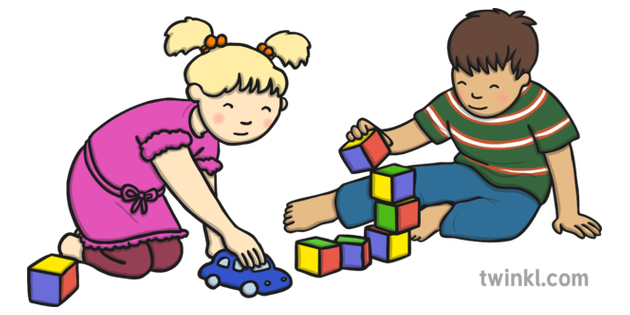 As your child continues to grow and develops hand-eye coordination, families can begin introducing toys that encourage more interaction such as portable toys which will continue to inspire visual and hearing senses with flashing lights and different sounds.
As your child continues to grow and develops hand-eye coordination, families can begin introducing toys that encourage more interaction such as portable toys which will continue to inspire visual and hearing senses with flashing lights and different sounds.
As your child gets older, introducing age appropriate toys will help them continue to learn and hit their milestones. Problem solving toys such as stackers or blocks will help your children work through conflicts and develop an understanding of cause and effect. These types of educational toys will also help them build confidence once they’ve learned how a toy works after trial and error. As your child becomes more mobile, you can introduce walkers to help teach them about coordination and balance. You can also introduce numbers by counting your child’s steps.
For older children two years or older, introducing toys that promote physical play. When they are old enough to use a tricycle, bike or roller-skates, ensure your child understands the safety concerns that comes with these toys and incorporate wearing a helmet and/or other protective gear in the process of using these toys.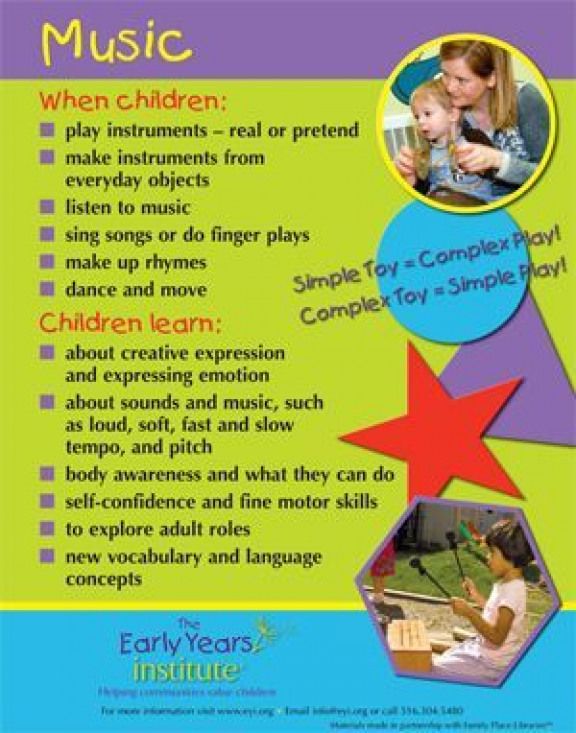 Families can continue to promote creativity and problem-solving skills by giving your children more complex building sets. Children will also become familiar with how words they hear look on the pages by families spending time reading together.
Families can continue to promote creativity and problem-solving skills by giving your children more complex building sets. Children will also become familiar with how words they hear look on the pages by families spending time reading together.
Learning through play doesn’t stop in the house or in the classroom. The importance of outdoor play for young children cannot be overstated. That’s why we suggest families bring learning to the great outdoors! Go on a walk and gather nature objects such as sticks, leaves, etc. to use in art projects later. Families can simply just enjoy the outdoors with some fun water play or bringing a blanket and some toys outside to enjoy.
Incorporating play in your child’s day can be both fun and beneficial to their growth. What toys do your children love that help promote learning and growth?
Get EPC's Weekly Blog Post in Your In-Box
Get the latest content first.
We respect your privacy.
Game in child development: how is it useful and what does it teach?
What games can actually teach
In fact, games can also play a role in learning, not just entertainment.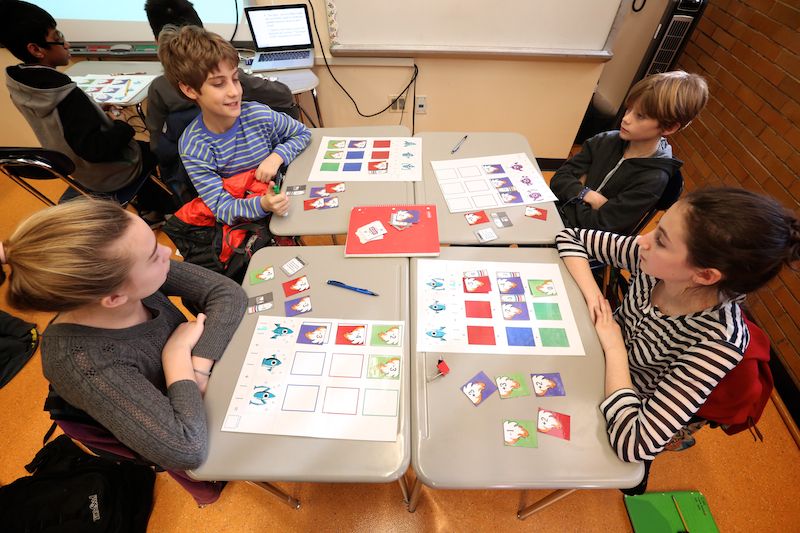 For example, Assassin's Creed: Origins has an interactive museum mode. Albeit with censorship, but it attaches to history. Yes, and in the previous parts of the series, you could use the historical information about objects and famous personalities.
For example, Assassin's Creed: Origins has an interactive museum mode. Albeit with censorship, but it attaches to history. Yes, and in the previous parts of the series, you could use the historical information about objects and famous personalities.
Another example is Minecraft Education Edition. Designed specifically for use in schools, the project is used in teaching various subjects. Through play, for example, students learn chemistry, history, literature, and geography.
At the lessons, students can observe various natural processes, participate in historical events, and conduct experiments. The game also has a programming function, which greatly expands the player's options. And even if all this happens in a cubic world, the scale of the platform is impressive.
Cons
To begin with, I will take the side of parents and talk about the disadvantages of this kind of activity (and soon I will offer some solutions to these shortcomings). First, is a health problem , that is, with vision and back.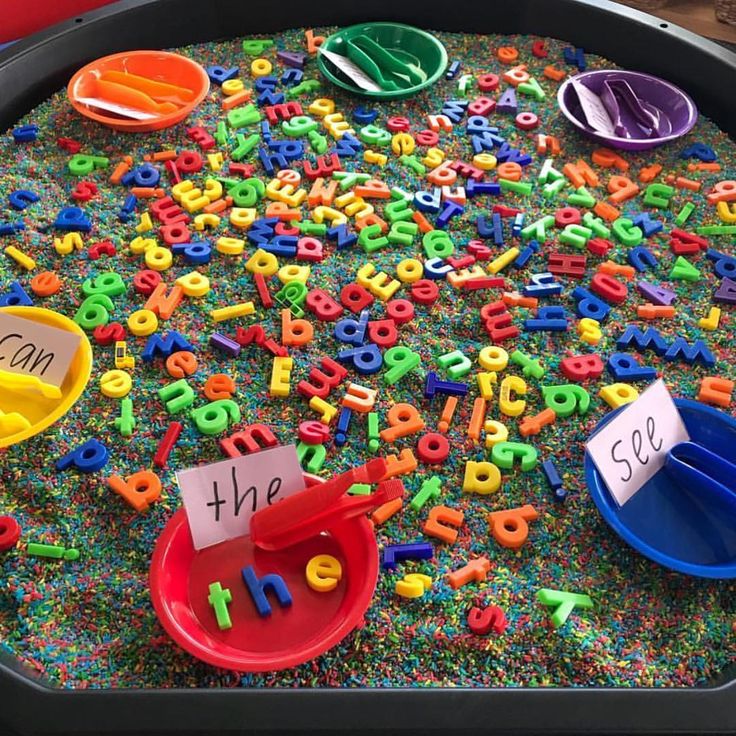 Second, is a callable dependency of . These are the two most prominent issues that parents usually refer to. First, let's solve them, and then we'll talk about the pros.
Second, is a callable dependency of . These are the two most prominent issues that parents usually refer to. First, let's solve them, and then we'll talk about the pros.
Health problems
The computer screen, like TV and any other technology, does not affect vision in any way. But, something else, soullessly kills your eyes. Usually gamers develop myopia. This is due to the fact that our eye is focused at the same distance all the time. And because of this, his muscles relax. Just set yourself an alarm and do exercises for your eyes every hour. She will relax them, moisturize and prevent vision from falling. And the back is even easier. Buy a proper seat for your child.
Addiction
Set yourself a condition. First, one useful thing, whether it's a hobby or school, and then games. If there is a choice between something and playing the computer. Better choose something else. Walking with friends, reading or something else.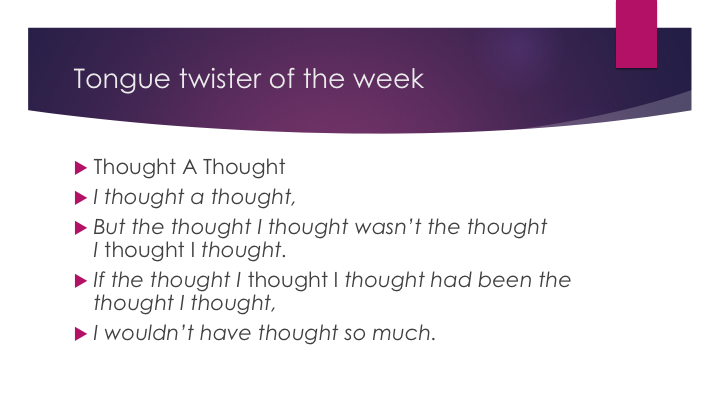 But, if you are tired, then, of course, feel free to sit down at the PC.
But, if you are tired, then, of course, feel free to sit down at the PC.
Object play
At the age of three, a child learns to play with objects. At this time, communication with parents is the main thing in social relations, interaction with peers is still very limited. Although the child already learns some rules of social life: on the playgrounds, in the sandbox and in short stay groups (or nurseries), he gets the experience of embedding in the social structure. The child learns to assimilate the rules of socially encouraged and rejected behavior (do not take other people's toys, do not fight, help kids, etc.), and also gets the first experience of playing together, which is more often initiated by adults (“let's make a sand castle together now”).
But the interaction with the objective world is more important in these first games. In simulation games with objects (toy dishes, doll clothes, cars, weapons, etc.), the child rebuilds and checks the connections between objects.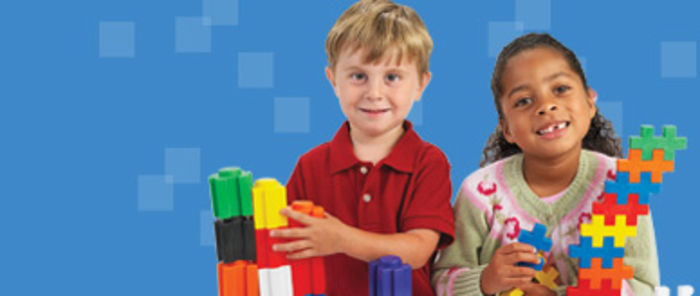 In this case, children imitate the actions of adults that they can observe, and the task of the parent in this case is to demonstrate to the child a wide repertoire of these actions.
In this case, children imitate the actions of adults that they can observe, and the task of the parent in this case is to demonstrate to the child a wide repertoire of these actions.
Object play allows the child to make the world clear to himself, and the right toys during this period facilitate this process. At the very early stage, you need to have game items that are as similar as possible to real ones, so that gradually, with the development of imagination, the child can replace them with something else.
For example, at first the girl has a toy cup and a plate, she makes tea for her dolls, and at this moment the mother says: “Oh, now I would like to bake a cake for them, but we don’t have a stove, let’s take this box – it will be stove, and in it we will bake a cake. The mother shows the child an example of how to deal with such a situation, while maintaining the connections that exist in the real world (in the real world, the cake is cooked on the stove).
As noted by many philosophers and writers, these imaginary objects, woven into the structure of the real world, enable the child to grow up as a person.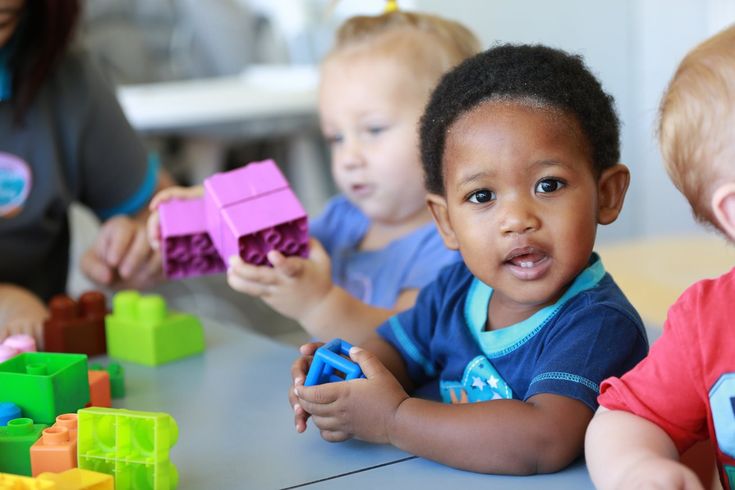 Baby monkeys also imitate the actions of their parents with objects, but they do not play with a stick, believing that it is a snake. Writer Terry Pratchett wrote in one of his novels that one must believe in Santa Claus and the tooth fairy "solely as a practice: you must first learn to believe in small lies" in order to then accept and understand such concepts as pity, justice and everything else. .
Baby monkeys also imitate the actions of their parents with objects, but they do not play with a stick, believing that it is a snake. Writer Terry Pratchett wrote in one of his novels that one must believe in Santa Claus and the tooth fairy "solely as a practice: you must first learn to believe in small lies" in order to then accept and understand such concepts as pity, justice and everything else. .
Another function of object play is understanding the properties of objects. Maria Montessori at the beginning of the century developed the theory of developing space, in which teaching subjects seem to reveal their own properties. Such items are easy to make at home with your own hands. For example, it can be squares of the same size from different materials, pasted in a row on one panel: from the softest (silk) to the roughest (sandpaper). Touching them with his hands, the baby learns to distinguish the tactile properties of materials. The same can be done with colors, shapes, sounds and even smells!
Here I would like to tell about the experience of a home developmental studio, which I conducted together with other enterprising mothers for children up to three years old.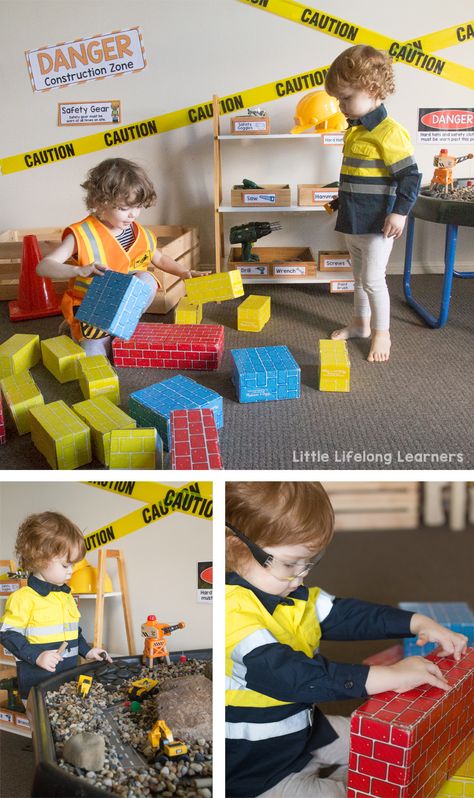 For this purpose, a developing space was organized, where mothers sat in different zones, offering children various game tasks. In one area, fine motor skills were developed with the kids (through finger games, searching for objects in a pan with cereals), in the other they sang songs and showed notes on musical instruments, someone showed the properties of pyramids and cubes, someone glued applications or drew with children etc.
For this purpose, a developing space was organized, where mothers sat in different zones, offering children various game tasks. In one area, fine motor skills were developed with the kids (through finger games, searching for objects in a pan with cereals), in the other they sang songs and showed notes on musical instruments, someone showed the properties of pyramids and cubes, someone glued applications or drew with children etc.
Children moved freely in this space for two hours, choosing tasks to their liking, while constantly feeling the support of adults if they needed help with something. Thus, they got the experience of their own choice of occupation, interaction with other children (for example, two children cannot perform some task at the same time - then you have to wait).
In addition, in the same space there were educational materials made on the basis of the Montessori concept, with which the children interacted completely independently. This form of organization allows you to fully develop both cognitive functions (attention, memory, thinking), and creative abilities, and the ability to interact with others.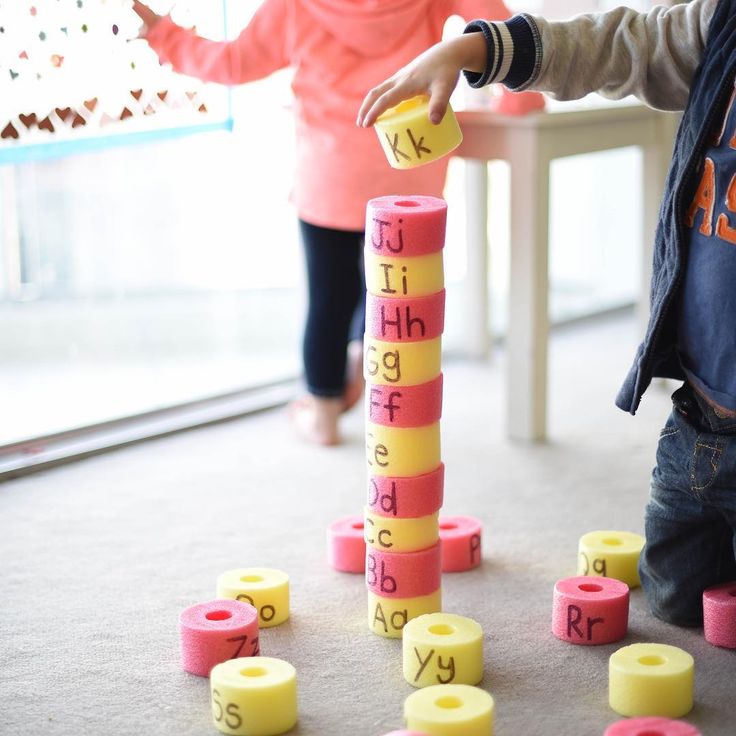
Story-role-playing game
After three years, the game becomes the leading activity for the child, and at this moment a story-role-playing game comes into the life of the baby, in which the child already masters the world of relationships between people.
The world of social interaction in the game is presented in two aspects: on the one hand, it is the social structure and norms of communication, on the other hand, social roles and relationships. In mobile "normative" games (teed, hide-and-seek, legs, bouncers), the child learns to play "by the rules", gets acquainted with social norms and learns the basic social structure.
In role-playing games (“daughters-mothers”, “doctor-sick”, “warrior”, etc.), the child in a playful way meets with common social roles and plays out cultural norms of behavior; it is here that he assimilates the structure of the world of relations. For example, if a girl plays a mother, then she should be calm, loving, take care of her children and make decisions.
The nature of the role-playing game is also imitative: by depicting some models of behavior that the child sees in the adult world, the child touches on the relationships that lie behind this behavior.
Games with peers thus carry the function of social adaptation. The child learns to feel and empathize with others, to find and defend his place in the group and to perceive, sometimes intuitively, the rules of behavior in large and small groups.
When raising children, it is very important to understand that the functions of role-playing with peers are almost impossible to replace at home. When I worked at school and carried out the adaptation of first-graders, I was struck by the fact that children who did not go to kindergarten or to any other stable groups (circles, socialization groups or just a yard company) can be singled out almost immediately. It is difficult for them to adapt in the team, they do not know what role they can play in the class or how to present themselves to their peers.
Some functions of social intelligence are simply not developed. If the ability to feel the system of rules can be developed at home through an understandable and developed system of agreements and responsibilities of the child, then role-playing games with parents can in no way replace interaction with a peer group.
If the child is having difficulty
What questions do parents often have about children's play, and what is important to pay attention to? Very often, parents bring their children to a consultation with the words “he doesn’t play with anyone”, “he doesn’t like kindergarten, because he is always “out of the way”, he has no friends there”, etc. Such a situation can be very traumatic for a child, cause him great suffering, and here he cannot do without the help of his parents.
How can I help? First of all, the parent should become a psychologist and friend for the child and discuss the situation with him. Which company or group does not accept him? How does this happen? It would be great to invite the child to act out some typical scene where he felt rejected by the group, using his toys as actors and asking him to act as a director.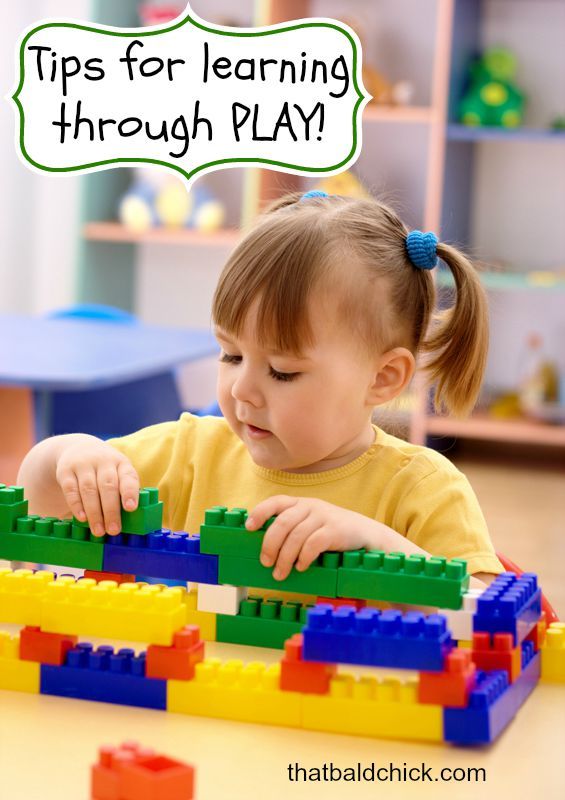 At the same time, you need to offer him to choose toys-actors himself.
At the same time, you need to offer him to choose toys-actors himself.
This is necessary, firstly, so that the child can look at the situation from the outside, and secondly, the very choice of toys for the game can show his attitude towards himself and the guys in the group. After the scene is shown, you need to ask his opinion: why, in his opinion, his hero was not taken to play? What could he do to be taken?
Such a conversation will help the child understand what happened and try to correct the situation. For example, if a child is not taken to the game because everyone plays with expensive toys that he does not have, you can help him by teaching him various games that do not require any special items (“boxes”, “ring”, etc.). ).
Finding such games on the Internet will take very little time, but will make the child feel important if he brings a story about a new game to kindergarten every day. However, the situation of a child being rejected by a group of peers may be related to his own behavior (shyness, aggressiveness, unwillingness to play by the rules, etc. ), and here it would be useful to turn to a psychologist to give recommendations on how to help change this.
), and here it would be useful to turn to a psychologist to give recommendations on how to help change this.
Entertainment for preschoolers
For the development of a preschool child, play is the best way to discover what other activities do not. Game processes have a great influence on the child's psyche.
Play is somewhat similar to a trick in which certain aspects of the child's mental life are collected and transformed. In each new trick, individual character traits are revealed, previously formed and manifested through the facets of entertainment.
Having roles expands, enriches and deepens the baby's personality. At the same time, it is important that adults monitor the ongoing action, correcting the child's behavior, encouraging the right decisions, asking leading questions that suggest a way out of the current situation. In addition, observing the entertainment of children allows you to identify missed moments in education in general.
Games improve the cognitive, physical, social and emotional well-being of children.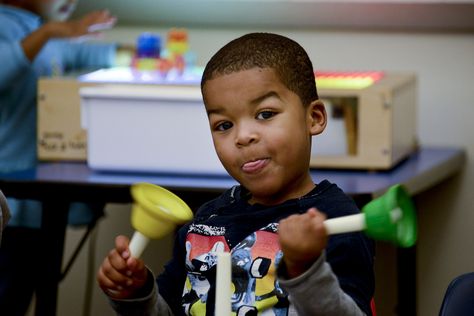 Preschoolers are happy to take part in such entertainment. If such a desire has not yet appeared, then perhaps parents need to take the initiative in organizing fun that will eventually captivate the baby more than gadgets. It is important not only to organize the playing space, but also to actively participate in the fun. So you can directly participate in the upbringing and education of your child.
Preschoolers are happy to take part in such entertainment. If such a desire has not yet appeared, then perhaps parents need to take the initiative in organizing fun that will eventually captivate the baby more than gadgets. It is important not only to organize the playing space, but also to actively participate in the fun. So you can directly participate in the upbringing and education of your child.
Boys who love cars can play a board game in the form of a road map with traffic rules, signs, pedestrians and the ability to overtake an opponent. In such a game, the child learns not only to follow the rules of the game and traffic, but also learns colors, shapes, geometric shapes, counting. This fun can be organized on your own. And it’s better to involve a kid in the work, who later with even greater enthusiasm will “drive” along a personally created track.
If there is no time to create desktop aids, then you can buy them, since the range of manufacturers and sellers allows you to choose entertainment for the development of children of different age groups, abilities and gender.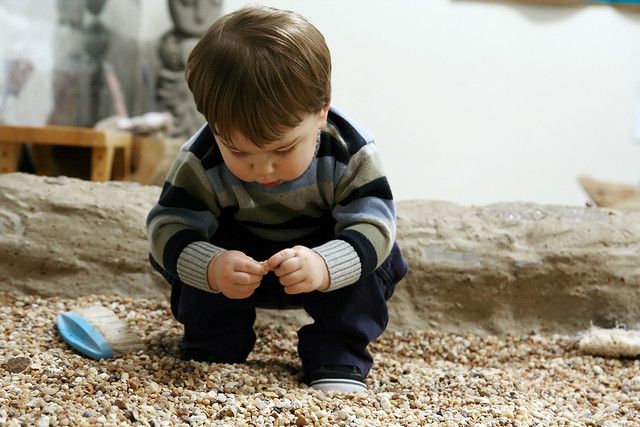
However, when buying various game aids, parents should remember that without the participation of adults, children practically do not show interest in them. The task of mom and dad is to create an appropriate environment in which the game would be used as a means of developing a preschooler.
Unfortunately, today parents do not find time for joint entertainment with their child. For some, the reason is a hasty lifestyle, for others, the usual unwillingness to engage in the development of the child, which is shifted to early development centers and preschool institutions.
Play is an important tool for the development of a preschooler
Games are extremely important for the development of the memory and intelligence of children. They teach to use creativity, physical inclinations, emotional potential, cognitive interest, which are intertwined with the development of the imagination. With the help of collective fun, children from an early age learn to communicate and interact with the outside world.
It has already been noted above that, ideally, entertainment should be under the control and guidance of an adult who would correct the actions of the participants and direct them, like the captain of a ship. At the same time, an adult should in no case limit the children, setting narrow limits, not allowing their potential and creative abilities to be fully revealed.
Joint work of children and adults during an interesting pastime leads to effective communication. As a result, it is possible not only to help the kids in their development, but also, having seen the whole learning process with their own eyes, to understand the children themselves, their point of view and ways to solve certain problems and problems.
Social skills
The only children in the family have the hardest time adapting to school. They are surrounded by the care of their parents, grandparents, and still do not know how to share. Moreover, they do not know how to share not only toys, but also emotions.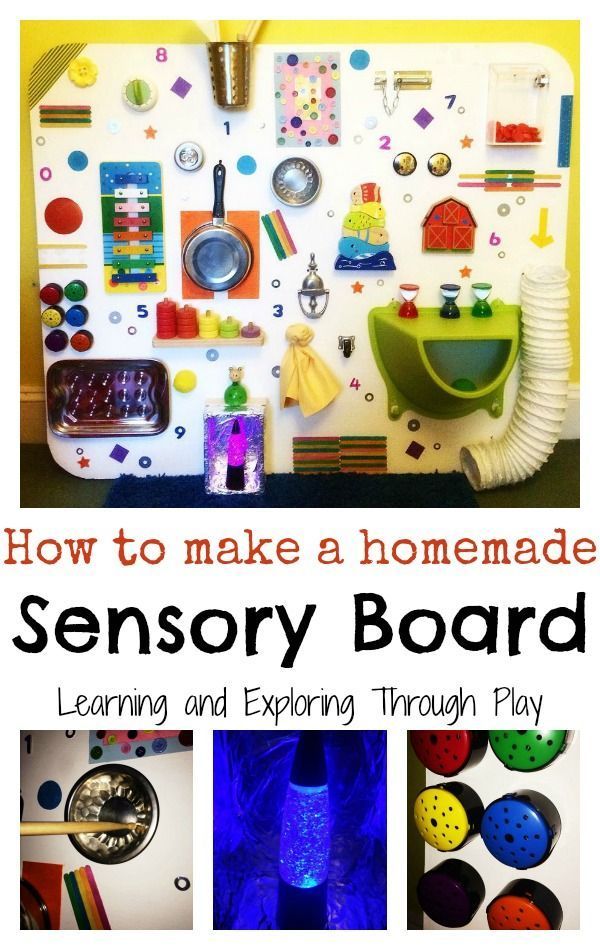 They are not familiar with the concepts of friendship, support and mutual assistance. Experts recommend that such children play not only within the family and the playground, but also in large companies. So you can protect the child from further problems associated with the adaptation period at school.
They are not familiar with the concepts of friendship, support and mutual assistance. Experts recommend that such children play not only within the family and the playground, but also in large companies. So you can protect the child from further problems associated with the adaptation period at school.
Another important social skill acquired during games is the ability to cooperate and negotiate through various problems. Group entertainment contributes to the rapid development of such emotions and feelings as anger, happiness, sadness, fear, excitement, frustration and stress.
Social skills are very important for a baby who will have to live in society in the future. The more social the child is, the easier it will adapt to the school and the new team, as well as to the new environment, workloads, rules of life.
The child develops in the process of exploration and study of objects.
At the age of 3 to 6 months the child first of all chooses how to explore the toy.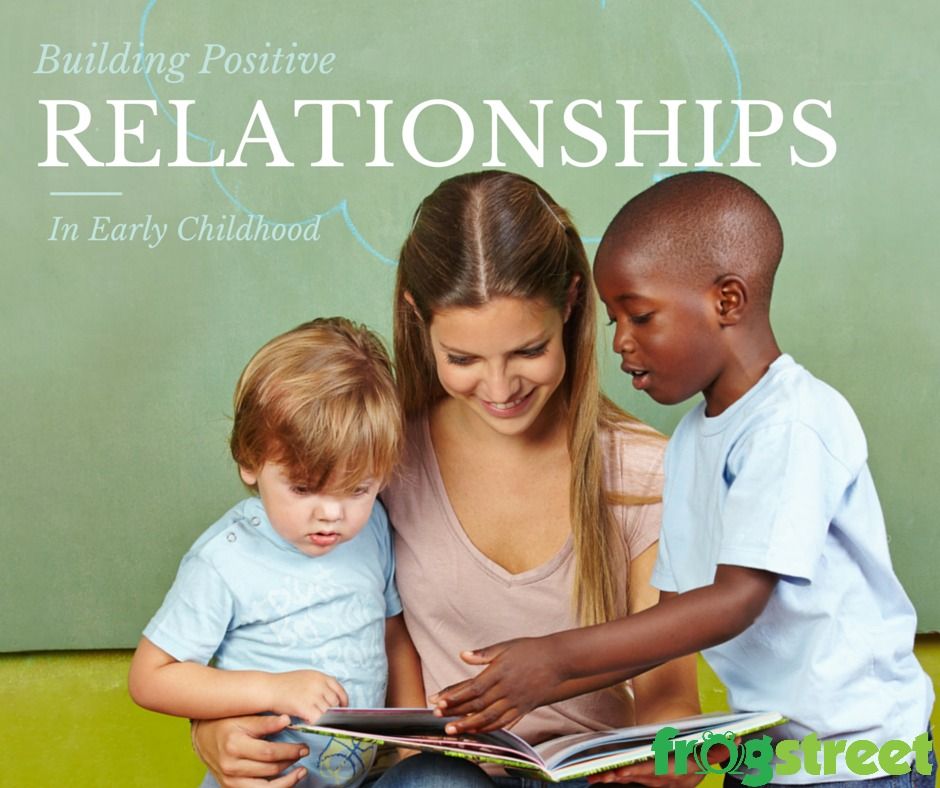
Now the child develops not only by biting toys. Now the baby will start, for example, shaking, knocking or swinging toys while playing with them. Your baby will begin to develop a preference for how to use the toy. For example, the baby will choose: shake a rattle that makes noise or knock it on the floor.
At this time, the child explores concepts such as texture, smooth or soft, etc. with toys.
Child bangs around with toys and looks for ways to use them.
When baby is 5 to 7 months old , he learns how to use objects.
At this age, the child will consistently tap everything with a toy. And not only to knock The toy will walk on all the nearest surfaces. Now the baby is less interested in what object he is holding. Now he will be mainly interested in the new found way to use the item.
Expansion of the child's possible interactions with toys.
As a rule, this stage in the development of the baby begins from 6 to 9 months .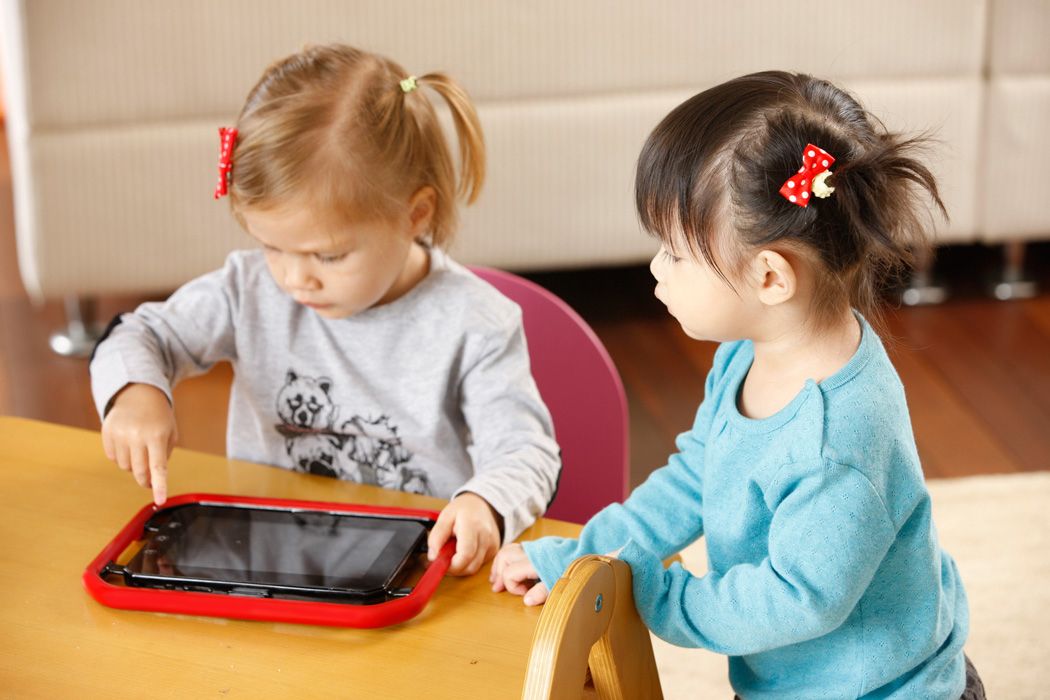
The child will increasingly prefer to play with the toy in a certain manner. He will start adding new interactions to his repertoire. It could be twisting and pushing or stretching and poking.
When the child finds a toy that is of particular interest to him, he can play with it continuously for two to three minutes. The kid will perform the actions that he considers the most suitable for this particular toy.
It is important to give your child plenty of new textures and materials to play with. Children love to explore and novelty is a good boost for brain development! Various household items can be excellent toys at this stage. But only as long as they are safe and don't break easily.
Development of speech and skills
When the game has a story, and the toys perform roles, the child pronounces their actions and words. Such games are especially useful in a team. It develops speech, the ability to communicate. At the same time, children learn to agree on the rules, and then follow them. These skills will also be very useful to them in the future.
These skills will also be very useful to them in the future.
Motivation
As a rule, in role play, the child imitates his parents or other adults. For a while, he seems to become an adult, trying himself in one role or another. In a game form, he tries to perform certain actions. In such games, one can see the motivation to grow up as a worthy person, to get an education in order to be able to find a good job, to be realized in the profession. For motivation to be right, children need to see a good example.
Morality
As a rule, children play among themselves according to fictitious plots, but at the same time they react to the actions of their partners in the game for real. It can be joy, gratitude or resentment. At this time, human qualities are formed. The kid learns to be brave, to show determination, benevolence. In order for human qualities to form correctly, a good example is needed before our eyes. Parents should observe the game from time to time, unobtrusively give recommendations and advice.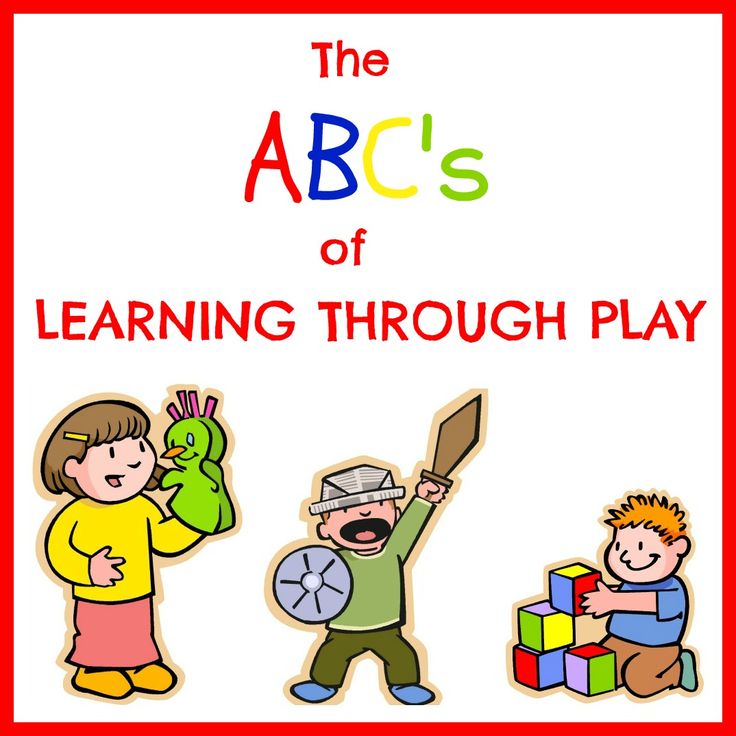
Computer games
Today, the discussion between supporters and opponents of computer games for children continues in the pedagogical environment. They agree that the computer and the Internet are an integral part of the modern world, which means that they must be used wisely both for educating and educating a child.
Today, there are special children's browsers for the safe use of the Internet, which protect the child from adult content, but at the same time leave him access to children's programs and interactive games.
Interactive games as a means of developing preschoolers can and should be used. However, it is advisable to do this under the supervision of adults who can evaluate them. Of course, the main issue when using a computer when teaching a preschooler is the time that the child spends near him.
There are different opinions about how much time a child of a certain age can spend at the computer without harm to health. And since these activities usually seem more attractive to children, psychologists recommend that this issue be clearly discussed with the child in advance.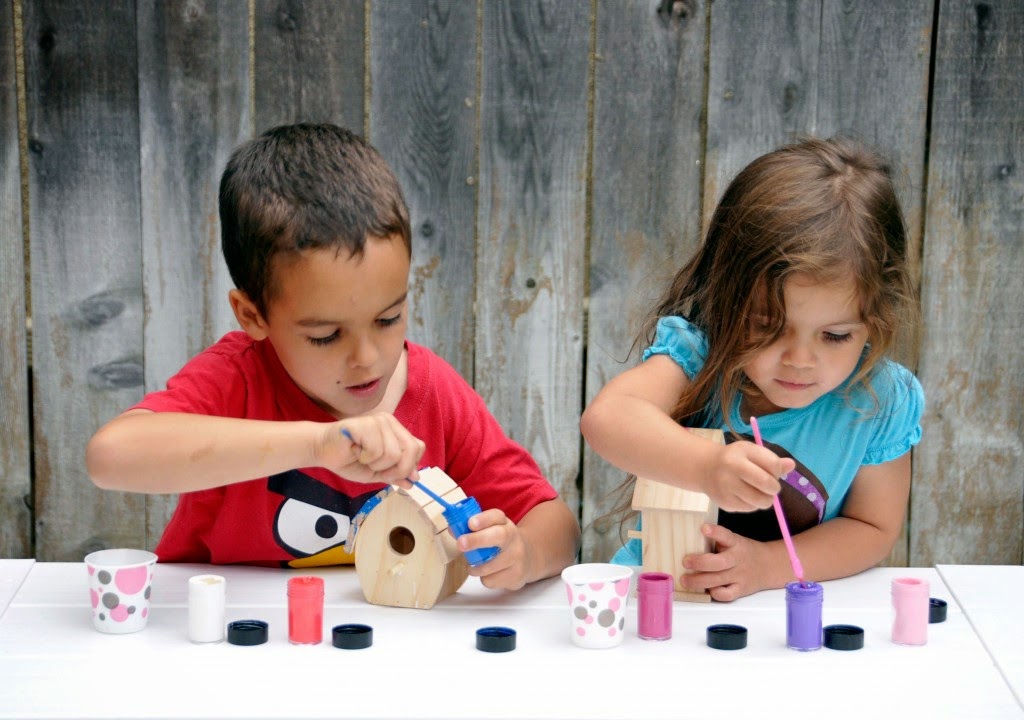 Also, they do not advise punishing children with refusal in computer games, remembering the importance of the game in the development of a preschooler.
Also, they do not advise punishing children with refusal in computer games, remembering the importance of the game in the development of a preschooler.
Today, many teachers recognize that the game as a means of developing preschoolers is one of the best ways to educate and educate a child. The more varied these games are, the more developed the child will be. However, many of its aspects may remain hidden to adults. Therefore, the sight of children playing should not be considered a waste of time.
Can we play with children? Invent a plot, fantasize... Reduce control a little and give free rein to emotions. Feel the child, pick up his scenario and supplement it, help unfold his logical chain. Join his activities and add a new element, a new direction. What a huge effort it takes to become a child again!
At the first meetings with parents, I ask how and what they play with the child. Only a few answer that during joint games they assemble construction sets, puzzles, draw, roll cars, or participate in role-playing "performances".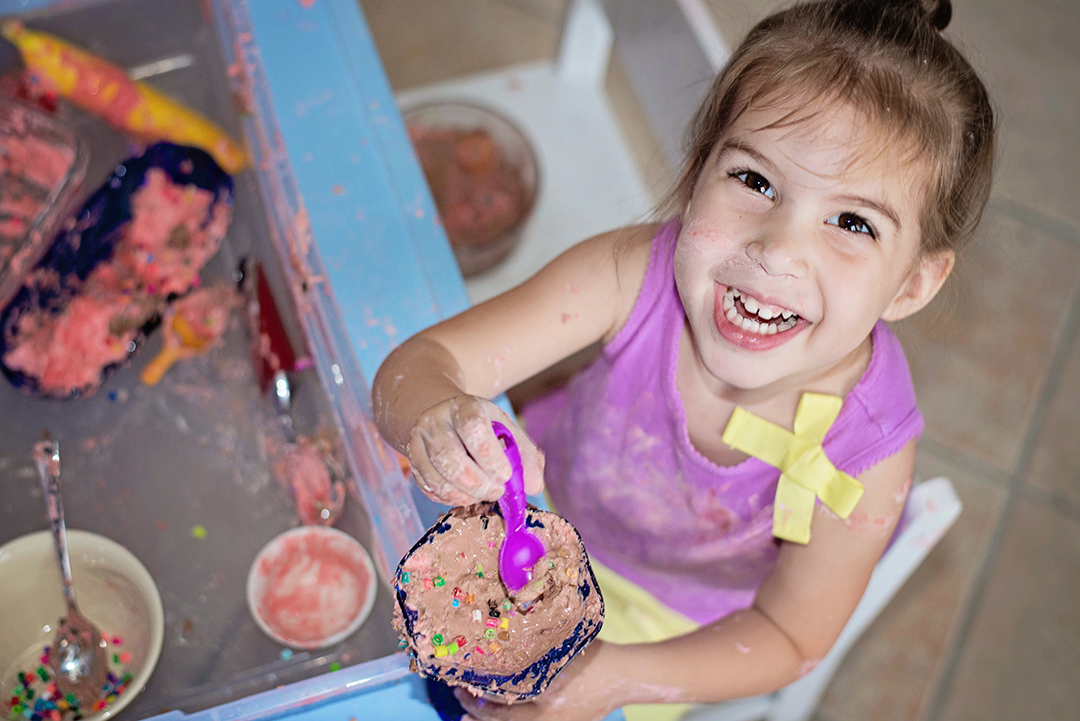 Most say that they look at letters and numbers with the child, name animals, ask them to give or bring some kind of toy, show body parts - they are focused on intellectual games. One word is taught.
Most say that they look at letters and numbers with the child, name animals, ask them to give or bring some kind of toy, show body parts - they are focused on intellectual games. One word is taught.
When parents find out that they need to play with their child, and it is his game, they very often get lost. It can be seen from the eyes that they simply do not know how to do this.
Then I try to help by asking what my mother used to play when she was little. Few can remember anything more than just dolls and mother-daughters. The memory of his childhood has remained so deeply hidden that questions about the game are bewildering.
Watching a child's play
The most important work of a psychologist consists precisely in carefully observing a child's play, following the plot, following the main characters of the game. The child is not yet able to clearly express his thoughts and feelings. But it can perfectly show everything in the game.
He will not say that he was afraid of a dog, but the image of a large animal, sharp teeth will definitely appear in the game.
A toddler who has recently lost his first-born status buries everything he sees in the sand. He is trying to fit a big car into a small garage. Careful observation of his actions will show his desire to become small again, when he was the only one, when he was placed in his mother's tummy, where it was warm and calm.
Every action of a child, every toy he takes is equivalent to adult words, thanks to which we can understand what is happening in the soul of a little man.
Now he is big. Return to the tummy is impossible. But you can play it. And at the same time, live a lot of feelings: the desire to return to infancy, the pain from the impossibility of fulfilling this desire, the support of a loved one nearby at this difficult moment for him.
Another child constantly pushes cars against each other, hits one car with another, sprinkles it with sand. After talking with my mother, I find out that there is a boy on the playground who constantly offends this child. However, because the abuser is older, the kid cannot give him change. But he lives all his feelings in the game.
However, because the abuser is older, the kid cannot give him change. But he lives all his feelings in the game.
Feelings lived, realized, manifested in the game cease to torment the child, relief comes - this is also an important task of games, they give relaxation. Every action of a child, every toy he takes is equivalent to adult words, thanks to which we can understand what is happening in the soul of a little man, what he thinks about, what he dreams about, what worries him.
How to play with a child
It is impossible to teach how to play. It is important to begin to feel the child, understand his language and pay attention to interests. To begin with, you just need to observe and try to understand what the game means in the life of a child, what this or that toy, word, action is about. Try to observe after which events the child plays calm games, and after which - vice versa. What does he play when he comes from kindergarten? Maybe he talks about what happened in the group?
At the right moment, the child himself will involve you in the game, explain the idea, give you a role.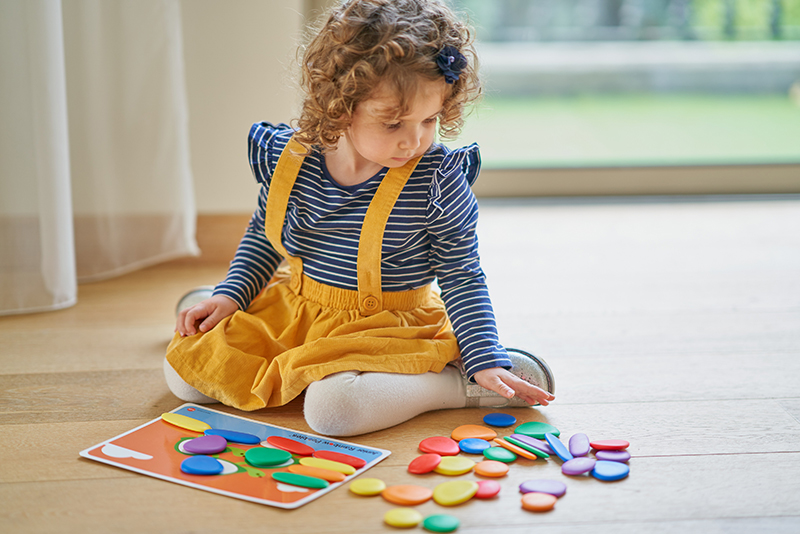 Follow him, play according to his scenario. You can try to copy the actions of the child. But be careful. The child scatters the cubes, the mother builds a pyramid. These are different games. The child is busy studying the properties of cubes, and the mother is constructing. Roll the dice with him.
Follow him, play according to his scenario. You can try to copy the actions of the child. But be careful. The child scatters the cubes, the mother builds a pyramid. These are different games. The child is busy studying the properties of cubes, and the mother is constructing. Roll the dice with him.
You can gently ask the child, who is this toy? What is her name? Is she evil or good? You can ask the child to give you a toy and ask what he would like you to do with it.
The child scatters the cubes, the mother builds a pyramid. These are different games. Roll the dice with him.
As you can see, we follow the child again and again, we explore his game, his rules, his world. Don't be scared or upset if your child doesn't want to let you play. So, now it is important for him to play himself. Stay close, watch, think about what the game is about.
It is very important that the child has a time and place when he can play alone with himself. This develops his independence, the ability to cope on his own, increases his sense of self-worth, forms a personal space - also the importance of games in a child's life. But again, do not forget about playing together.
This develops his independence, the ability to cope on his own, increases his sense of self-worth, forms a personal space - also the importance of games in a child's life. But again, do not forget about playing together.
It is not necessary to sit next to the child all the time. It is enough, for example, when playing at school, to give the class a task, and sometimes, in between their chores, go in and check how the guys are coping with the task. You can support the game even from the kitchen: “Yeah, make some noise! And I hear everything. I’ll come soon and ask you for your homework.”
Or you can be a policeman who sometimes goes out into the city to check order, after which he goes back to work.
In such cases, the child will feel your participation in the game, and at the same time will receive space for independent play, and you - time for your own affairs.
And perhaps most importantly, remember more often what it's like to be a child. What did you play as a child, how did your parents play with you, what did you want and what did not. In each of us there is an inner child who can help a lot in any situations in relations with our own children, including understanding the role of games in a child's life.
In each of us there is an inner child who can help a lot in any situations in relations with our own children, including understanding the role of games in a child's life.
All information is taken from open sources.
If you believe your copyright has been infringed, please contact write in the chat on this site, attaching a scan of a document confirming your right.
We will make sure of this and immediately remove the publication.
Why children learn by playing | Mothers today
Play is the most important activity in a child's life because it allows him to develop all his skills. . This is because through play, children learn to think creatively and interact with other children through play.
So we are going to tell you some interesting facts about play and why children learn by playing. Through this play activity, they learn concepts almost without realizing it. And that's what learning is a game!
Index
- 1 Characteristics of the game in children
- 2 When children learn, playing: Advantages
- 2.1 Cognitive advantages
- 2.2 Physical advantages in the game
- 2.3 Social benefits
- 2.4 Emotional advantages
Children learn by playing, so parents need to understand what the main features of play are. The game has a number of basic characteristics for children:
- The child has the opportunity to choose what he wants to do.
- Thinking about the game gives the child positive emotions, because he knows that he is going to have fun.
- He acts spontaneously, so his performances may or may not work out so well.
- Since the child does what he wants, his motivation is very high
- Children can experiment with new ideas and bring them to life
Through play, they develop physically and discover a wide range of emotional skills that help them process the world they live in, both positive and negative.
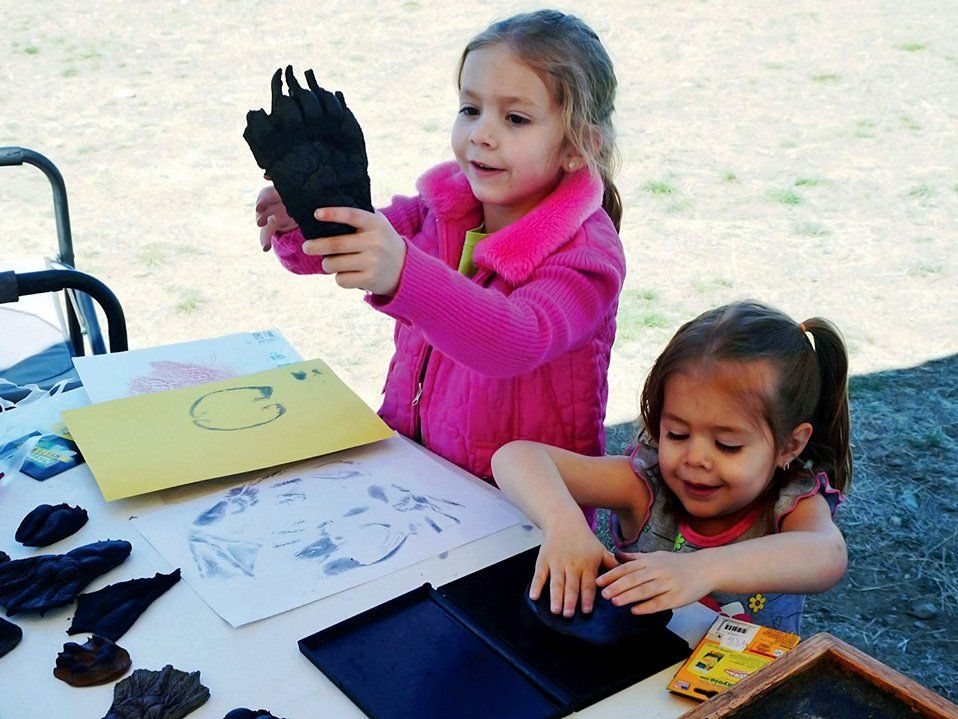 Briefly , the game is necessary for the development of the smallest from the moment they arrive in this world.
Briefly , the game is necessary for the development of the smallest from the moment they arrive in this world. Games are associated with answers that make learning easier, especially because of the games and conflicts that may arise with other children during the activity, They help them cope with stress and cope with stress. Let's see what benefits play brings to children's education.
When children learn by playing: the benefitsIn addition to the obvious intervention of fun in play, the other benefits that play offers are countless. For starters, helps toddlers develop cognitively, physically, socially and emotionally .
This is the first contact children have with learning, because through play they explore, face and solve problems, and begin to understand the world and their place in it. Through games, your children have the opportunity to imitate the world they see and practice their skills.
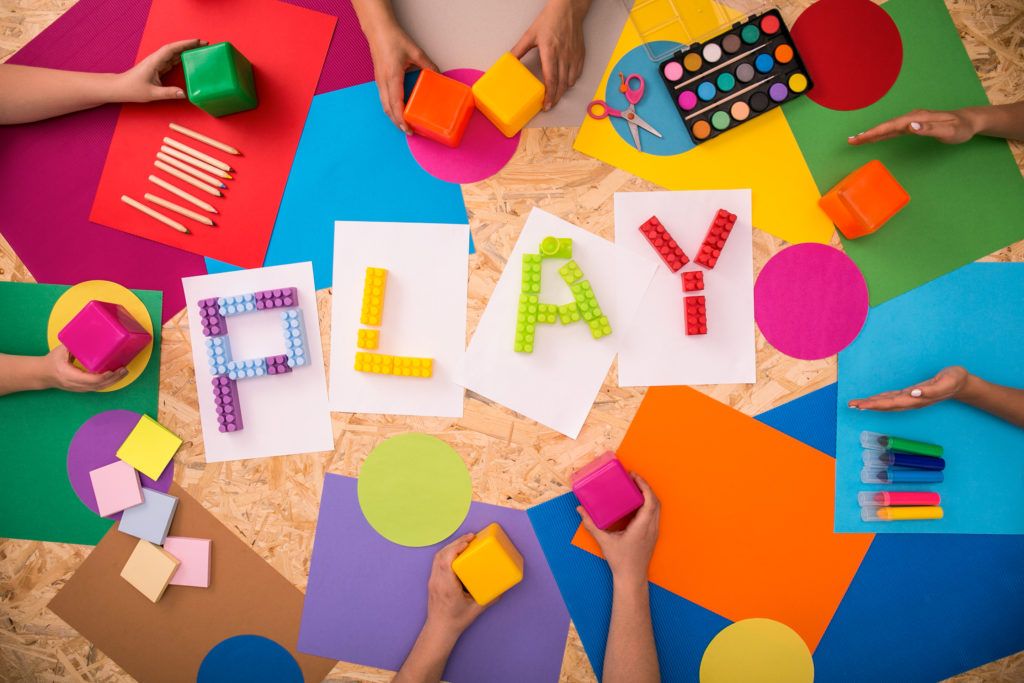 Their baggage of creativity and experimentation is growing, and this helps them learn how to interact and communicate with others.
Their baggage of creativity and experimentation is growing, and this helps them learn how to interact and communicate with others.
Cognitive benefitsPlay promotes children's healthy development and critical thinking skills, which strengthens memory and helps them understand the relationship between cause and effect. The opportunity to play encourages children to explore the different possibilities offered by the game, choose between them, and encourage curiosity to try other options if the first one does not turn out as expected.
These skills are the basis of intellectual development and cognitive process. . Play also inspires children to act, create and imagine. They learn to conceptualize and exchange ideas.
Physical benefits of learning through playChildren's play often includes many movements, such as running, jumping, building sand castles, climbing trees, swimming in a pool, etc.
 It is clear that development motor skills are important and this is from great value also for intelligent learning .
It is clear that development motor skills are important and this is from great value also for intelligent learning . Physical activity in play increases children's resilience, flexibility and awareness of their own body, in addition to balance and cognition of the spatial relationships of the world.
All of these benefits help develop concentration and memory. Another great benefit is that physical activity helps channel stress and frustration in a positive direction .
Social benefitsSocial development is important to learning because it helps children learn to interact with other children and people. By playing with other children, your children develop an understanding of social expectations. and social norms.
The game also provides the opportunity to share thoughts and ideas so that it improves the ability of oral expression, they learn to listen to others and improves your understanding and meaning of communicating with other people as a promise of something and doing it or not.
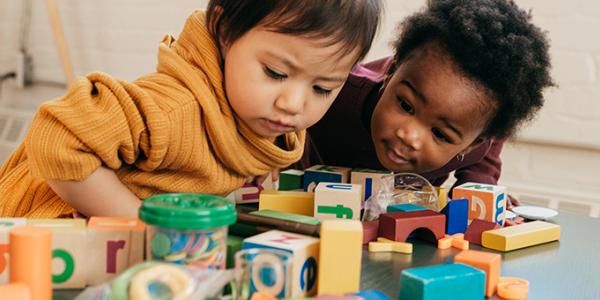
Learn more


